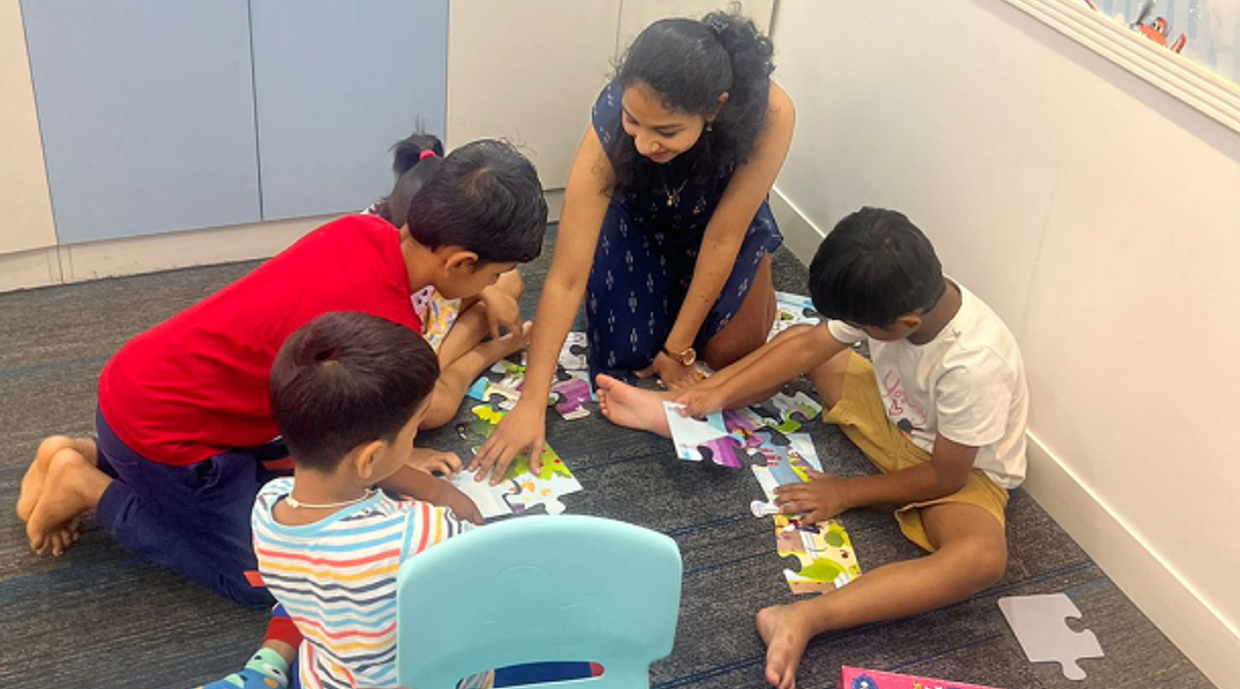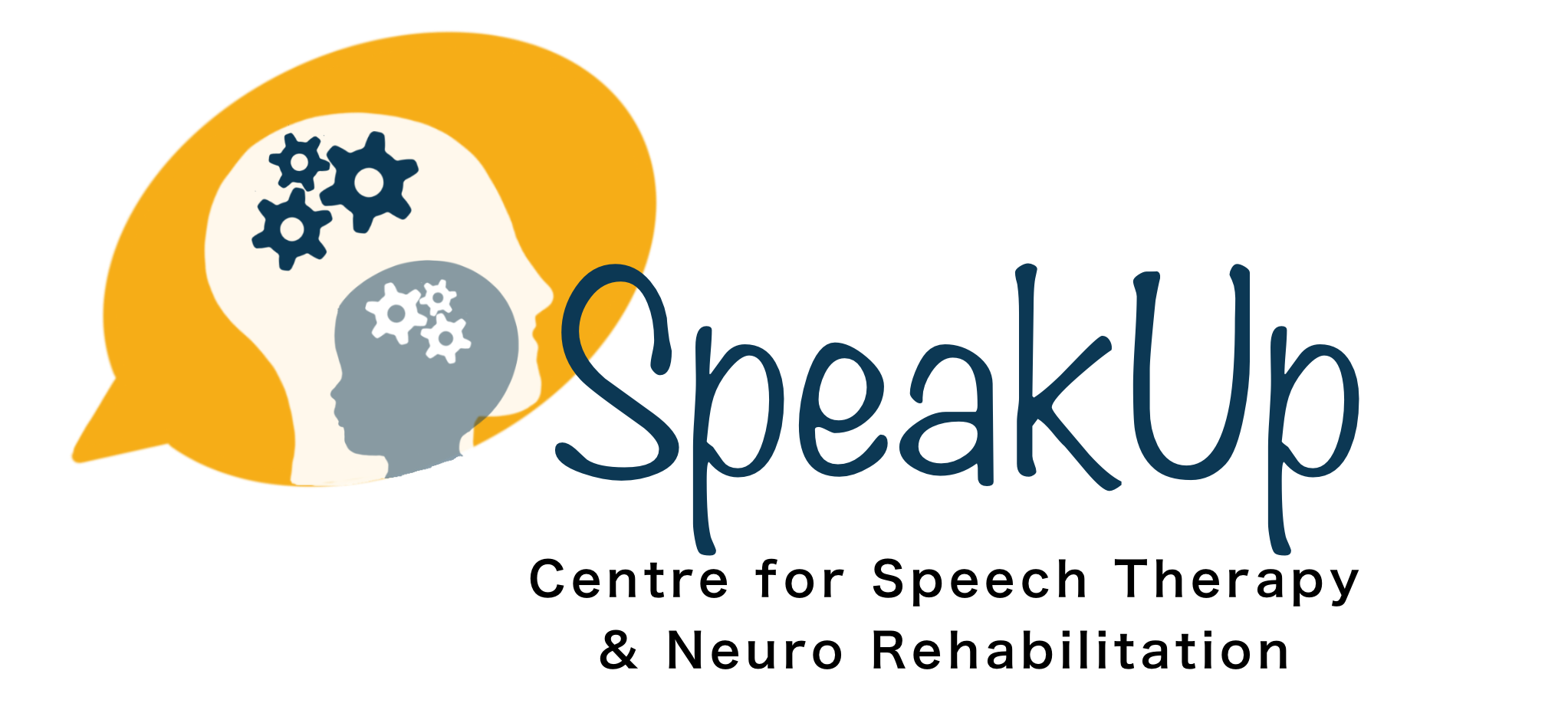
6 Therapeutic Goals Used in Group Therapy Services
Children learn best when therapy is engaging, interactive, and meaningful. One of the most effective ways to achieve this is through group therapy sessions—a dynamic approach that combines speech therapy, behavior therapy, and occupational therapy into one holistic program. Kids grow faster in talking, moving, and getting along with others when they’re with a group instead of working alone. That’s what research shows. The American Speech-Language-Hearing Association (ASHA) stated in 2020 that group therapy helps kids use their words better in real-life situations.
In a group, kids don’t just focus on their own stuff. They watch others, copy what they see, and join in. Being around other kids makes them want to try harder—and it teaches them how to get along with people, which sticks with them for life.
At SpeakUp Centre, we use different approaches to make those moments happen. Here are six goals used in group therapy services that often leave the biggest mark.
1. Sitting Tolerance and Attention Building
Many kids struggle to sit still or focus for long. In group sessions, we use fun games to help them improve gradually. Activities like circle time, stories, or themed games keep them interested and slowly stretch their attention spans.
Say we’re doing a “Colors” day. We might read a short rainbow story, then have them color something from the story. They’re learning to sit and focus—without even realizing it.
2. Eye Contact and Following Instructions
Looking someone in the eye is a big deal in social stuff. We sneak that into games so kids get used to it. They also practice listening and following steps.
Games like “Simon Says” or “Red Light, Green Light” teach them to wait, watch, and then do. It’s not just play—it trains them to listen and follow directions in real life.
3. Motor Movements (Fine and Gross)
We help kids build both small (fine) and big (gross) motor skills through themed play.
Small movements: If we’re doing a “Festival” theme, they might thread beads to make friendship bands. That builds hand control and focus.
Big movements: A “Numbers” theme could have them hopping on mats with numbers. That teaches them to move with balance—and sneakily gets them learning numbers too.
4. Vocabulary and Language Skills
Each session has a theme that brings in new words. We use flashcards, stories, games, and pretend play to make those words stick.
Seasons Theme : They learn words like rain, snow, umbrella, and sun.
Festival Theme : They hear and use words like lantern, sweets, and gifts.
They don’t just learn the words—they use them in real talk with each other.
5. Social Communication Skills
Being in a group helps kids pick up social habits naturally. We guide them through stuff like :
Taking turns : Maybe by rolling a ball to each other.
Waiting : Like standing in line for a game.
Asking : Learning to say, “Can I have the red crayon?” instead of grabbing.
Over time, they get braver, follow group rules, and start chatting more with other kids.
6. Eye-Hand Coordination
We build coordination through hands-on tasks that require matching what they see with what they do.
Things like sorting colored balls into the right baskets or copying a block tower from a picture help them focus, figure stuff out, and feel proud when they finish.
Benefits of Integrated Group Therapy
- Encourages generalization of skills to real-life settings.
- Builds social confidence and reduces anxiety.
- Strengthens peer learning and motivation.
- Provides opportunities for multi-sensory learning.
- Helps children progress toward independence in communication and daily life skills.
Why We Believe in Group Therapy at SpeakUp Centre
At SpeakUp Centre, our group therapy services are more than just activities; they are carefully planned experiences that combine speech, occupational, and behavioral therapy goals in a fun, theme-based setting. By working together, children develop essential communication, motor, and social skills that prepare them for everyday challenges.
